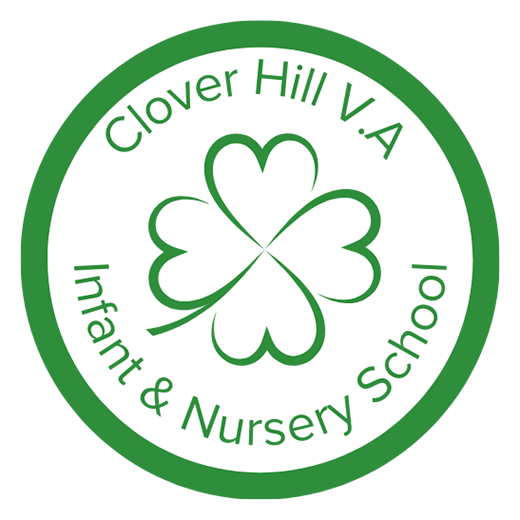We are a Restorative School!
What does being a Restorative School really mean?

When we talk about being restorative what do we actually mean? Feeling part of a bigger community is key to being restorative. Ultimately, it’s about helping children to make and maintain their friendships and also make strong connections with staff. Day to day, it means that we support each child to:
- listen and act respectfully
- be honest and responsible
- develop awareness and empathy
Being restorative also means that if children are involved in upset, they will be supported to:
- be involved in a fair process where ‘both sides of the story’ are heard
- see the consequences of their actions
- take steps to put things right.
In the event of school rules broken or friendships harmed, reliance on punishment fails to change behaviour and often makes things worse. Instead, we have consequences instead of punishment. We believe in giving children the opportunity to put things right. As a restorative school, we strive to transform upset by seeing it as another opportunity for learning how to make better choices.
What are we restoring?
We are supporting children in restoring any hurt or harm caused by taking steps to put things right for the person who was upset. We aim to move children away from seeking revenge. Repairing and rebuilding relationships is our primary goal.
Want to find out more? Read on…
We are a Restorative School!
How do we achieve it?
First and foremost, we proactively teach strong relationships between pupils and between pupils and staff. We encourage the development of awareness and empathy. Children are supported to listen and act respectfully and to be honest and responsible. They develop a sense of belonging to not only their class community but to their whole school community. Children develop these positive restorative emotional and social skills through:
- Circle Time.
Sitting in a circle, a question is asked, or a specific subject is talked about. One child speaks at a time, without interruption, whilst the other children listen until it is their turn to contribute or respond. Circles can be used for a wide range of purposes. It is an opportunity to hear things from another’s point of view and share all information quickly.
“Children can explore what they have learnt or what they are going to do differently. Circles enable children to build on, and be inspired by other children’s ideas. In education, circles and groups provide opportunities for students to share their feelings, build relationships and solve problems, and when there is wrongdoing, to play an active role in addressing the wrong and making things right (Riestenberg, 2002).”
- A Fair Process.
In the event of an incident, everyone is involved in a fair process where ‘both sides of the story’ are heard. We support children to understand what led to the upset in the first place and how to behave differently next time, equipped with the skills to make better emotional and social choices. This reflection can be through a simple chat or a structured meeting or circle.
Many friendship upsets are low level and can often be managed by peer support. Some of our older children have volunteered to become Peer Mediators and are available to help. They have received special training to support other children to restore positive relationships. Peer Mediators are available at break times and lunchtimes for this responsible role. We are teaching our children that they can resolve their own issues and we empower them to find their own solutions.
More serious friendship issues or misunderstandings will require intervention from adults.
In all cases, both peer mediator and staff will respond in a unified, restorative way. This helps our children to feel safe. Specific questions are asked, focusing on supporting and resolving the situation. Examples of questions include:

- What happened?
- What were you feeling at the time?
- Who has been affected? or,
- How has this affected you?
- What needs to happen to put things right?
Children are helped to see the consequences of their actions and to take positive steps to put things right for the person who has experienced the upset.
- Restorative Staff.
We want each child to feel valued and nurtured. All teaching and non-teaching staff in school receive training to support their restorative practice. During routine day to day interactions, nurturing supportive language is used and tone of voice and body language is key. The cumulative impact of these day-to-day restorative interactions means staff develop positive, supportive connections with children and also their parents and carers. Each child has an adult who they can talk to and who be available to listen, support and help.
Is my child included in Restorative practice?
At All Angels’ Federation, from our Nursery School through to Year 6, each child is supported in being restorative regardless of their age, individual needs, and circumstances.
Being restorative maintains our peaceful school community where every child feels happy, listened to and safe. Being restorative encourages our children to be at their best; it enables our children to be successful learners and grow up to be responsible citizens too.
If you are interested in finding out more about restorative practice in school, please click on the links below.
Related Links:
- International Institute for Restorative Practices
- Restorative Justice Council – restorative practice in schools.
- A summary of the UN Convention on the rights of the child
- Bringing the lessons of restorative justice home
Riestenberg, N. (2002, August). Restorative measures in schools: Evaluation results. Paper presented at the Third International Conference on Conferencing, Circles and other Restorative Practices, Minneapolis, MN, USA.


